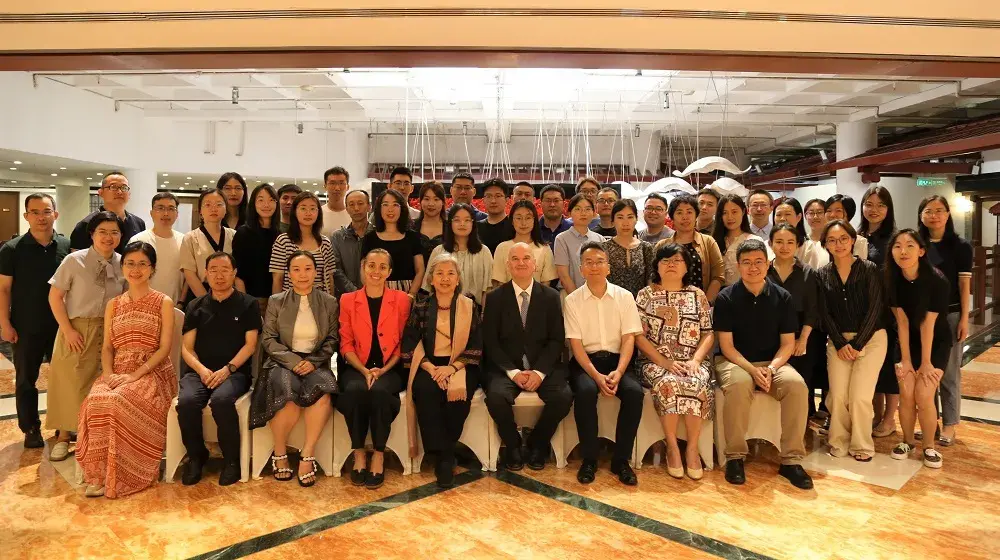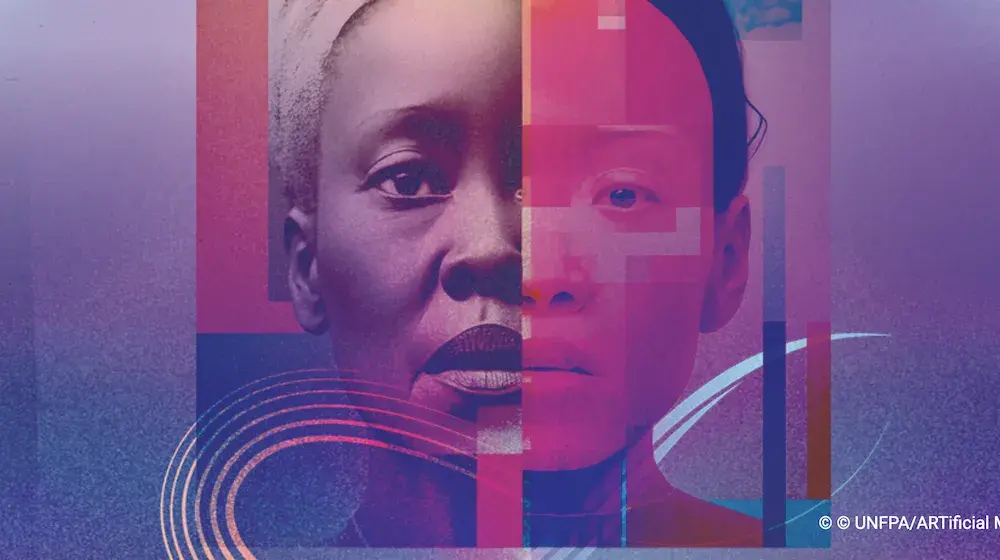October was the month when China celebrated two important dates meant to highlight its respect for the elderly—the traditional Chongyang Festival and the International Day of Older Persons. November and the months to come should be the time to remind society of responding better to China’s increasingly old population, and ensuring that ageing becomes a celebration for both old and young people.
Ageing is not only about the elderly—it is equally so about youth and children. The new ageing demographics in China will be a transformative force that will slowly but relentlessly put to test the existing structure of China’s economy and society. To ensure that despite this every elderly’s well-being is promoted, development strategies need to be further revised, and more efforts need to be channelled towards minimizing existing lifelong inequalities and improving the individual habits that ultimately determine the conditions governing a person’s late years.
As China’s elderly population grows swiftly, the size and proportion of other age groups are dropping sharply. The population projections by the United Nations estimate that between now and 2030, every year an extra 10 million Chinese will join the elderly ranks (60 and over), while 3.4 million will cease to be of young-age (24 and under). Hence, in 2030 China’s 358 million elderly population will account for 25.5% of the world’s older persons—one out of four! Meanwhile, its young population will only represent 11.2% of the world’s young people or close to one out of 10.
Compared to many of the developed economies, China’s ageing transition comes at a greater speed and at a much earlier stage of its socioeconomic development, thus posing a greater challenge on Chinese society to cope with this transformative change.
From the economic perspective, the ageing process will ultimately lead to a shrinking labour force which, if not offset by higher productivity, might result in lower fiscal revenue and national production, and hence slower economic growth. If wages were to rise too rapidly as a consequence, low-skilled workers could be left behind and unemployment would rise. Lastly, elderly people tend to save less than working-age individuals, so as the population ages national savings and investment rates will decrease, while overall consumption will rise. All these factors are already accelerating the shift from China’s current investment and exports-led economic model towards a consumption-led, more high-skills demanding one.
Ageing will be a no-less disruptive force in social terms. Inequities tend to be magnified in the old age: studies have found that in China, elderly men perceive on average a 68% higher income than women due to their education level and former occupation; rural elderly are compelled to work for longer than their urban peers because of their less generous retirement schemes; and health limitations are more common among older people that have been economically deprived. Chances thus are that with a larger share of elderly people, more severe inequities will have to be tackled, thereby demanding more resources from public budgets and families. But since these resources are scarce, striking a balance between the needs of the old and the young will be required to preserve generational harmony.
And yet, ageing’s transformative force is likely to push Chinese society into rethinking its overarching development strategies for the better. Now more than ever, reducing lifelong inequities will be at the forefront of development: not only because it is morally right but also because it responds to the economic and social challenges brought upon by ageing: reducing gender inequities could expand the labour workforce; ensuring more access to high-quality education from lower-income brackets should boost productivity; limiting the differences in healthcare services between urban and rural areas would contribute to more healthy ageing;; and promoting equitable and sustainable pension schemes should allow for society’s cohesion by protecting the future of younger generations. Actions like these, in turn, would result in the effective prioritization of vulnerable groups, fully harnessing the experience and energy of the elderly, reaping a second demographic dividend, and developing more inclusive communities.
However, if all this is to happen a life-course approach towards development is crucial. An elder’s wellbeing is nothing but the cumulative result of the opportunities (or lack of these) that he or she has had during a lifetime. Thus, society has to acknowledge that inequities need to be tackled from the moment an individual is born, and people need to cultivate smart and healthy habits while they are young to ensure that they age well. Ultimately a new definition of ageing should settle in. Being old ought to be the stage where an individual enjoys the deserved benefits of the lifelong contribution he or she has given to society. It should also be the time when the elderly individual can share his or her experience with younger generations.
No single actor can address all these challenges and realise a society for all ages. The common efforts of individuals and families, government, and private sector, among others, are equally needed. The United Nations will continue to work with the Government of China and partners on ensuring that the ageing process results in a smooth transformation of the economy and society at large for the better. All this, while enabling elderly people to live in dignity and in an equitable manner, free of discrimination, neglect, violence, and abuse.
Let us work together towards ensuring that growing old in China and abroad is a celebration for all.
Arie Hoekman, United Nations Population Fund Representative to China
Bernhard Schwartlander, World Health Organization Representative to China
Chair and Co-Chair of the UN China Sub-group on Ageing



